One year after the government issued a gazette notification on quota reform amid intense student protests, movement leaders remain firm in their four-point demand. The circular, issued on July 23 last year, allowed for 93% merit-based recruitment in government jobs, while reserving 5% for freedom fighters` descendants, and 1% each for ethnic minorities, persons with disabilities, and third-gender individuals.
The reform applies to recruitment in all government, semi-government, autonomous, and statutory bodies, from grade 9 to grade 20.
Despite the gazette, student leaders at a press conference held at the Dhaka Reporters’ Unity reiterated their demands, issuing a 48-hour ultimatum to the government. They asserted that these four demands must be met to open the door for further dialogue regarding their broader eight-point charter.
The four-point demands include: Full restoration of internet access across the country, immediate withdrawal of the nationwide curfew, removal of law enforcement personnel from educational institutions and reopening of residential halls and ensuring safety of all movement coordinators.
Sarjis Alam, a key coordinator of the quota reform movement, presented the demands, while another coordinator, Nahid Islam, and Asif Mahmud Shojib Bhuyain’s father, Md Billal Hossain, were also present. Billal claimed that his son, along with Abu Baker Mojumdar and Rifat Rashid, had been missing since July 18. He alleged that Asif was forcibly disappeared after being searched at various hospitals.
Meanwhile, another faction of the movement announced a public outreach campaign and symbolic protests—wearing black cloth over their mouths—across the country. Their nine-point demands include a public apology from then Prime Minister Sheikh Hasina for student deaths during the protests.
On the same day, then Education Minister Mohibul Hasan Chowdhury ruled out reopening residential halls unless student safety could be guaranteed.
Limited broadband internet services were restored late on July 23 in Dhaka and Chattogram after a six-day blackout, but security forces continued combing operations. Media reports indicated over 1,100 arrests took place between the night of July 22 and the afternoon of July 23—517 of them in Dhaka alone. In total, more than 3,000 people had been arrested nationwide between July 17 and 23.
Additionally, 38 new cases were filed in Dhaka on July 23 in connection with the protests.
RAB Director General Md Harun-ar-Rashid warned of strict legal action against anyone found engaging in subversive activities under the guise of student protests. He assured there would be no leniency for offenders.
However, then Law Minister Anisul Huq stated that if any students had been falsely accused, the government would review evidence submitted by the movement’s coordinators.
July 23, a declared public holiday, marked the fourth consecutive day of nationwide curfew. As the situation improved, the government eased restrictions for the following day, allowing offices to reopen from 11 a.m. to 3 p.m., along with export-oriented factories.
Earlier, widespread protests had rocked the country, leading to clashes, shutdowns, and eventually a curfew imposed at midnight on July 19. Border Guard Bangladesh and the military were deployed to support civil administration.
On July 23, oil-carrying trains resumed operations for the first time in five days.
That same day, interim Chief Adviser and Nobel Laureate Professor Muhammad Yunus urged international leaders and the United Nations to take action to stop violence against student protesters. The Editors` Council (Sampadak Parishad) and the Newspaper Owners` Association of Bangladesh (NOAB) also issued statements calling for impartial investigations into the killings and destruction during the movement.


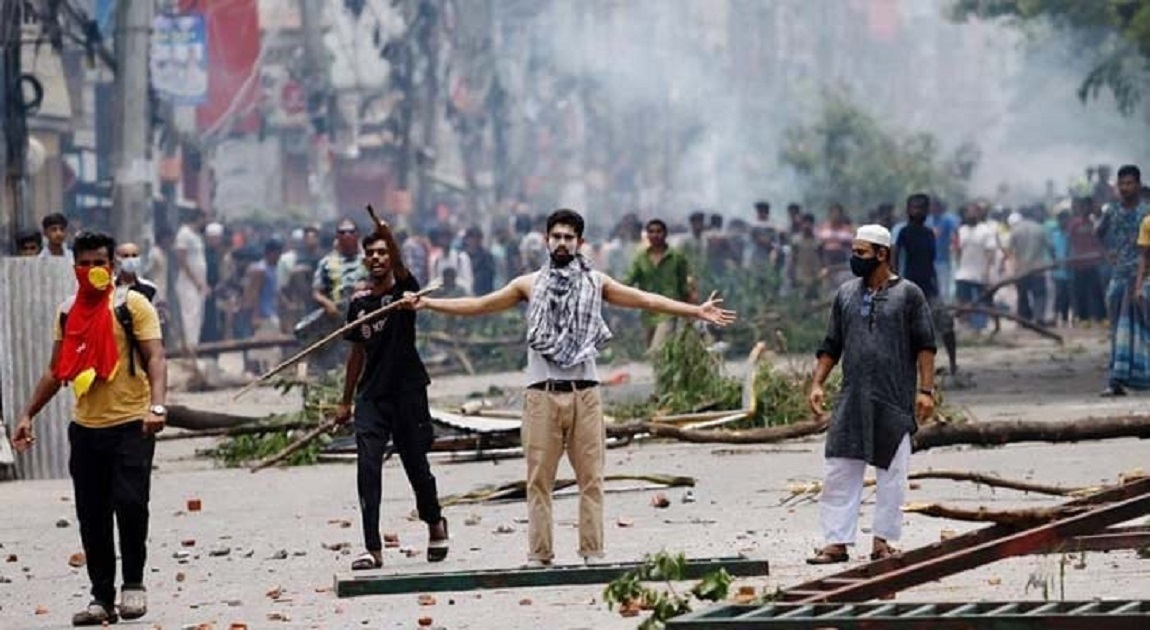

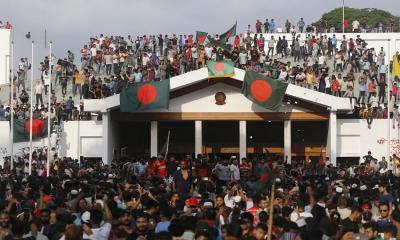
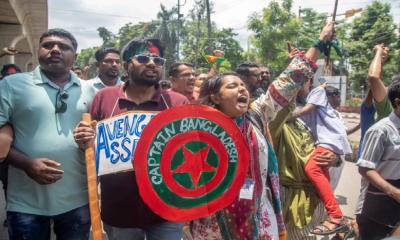
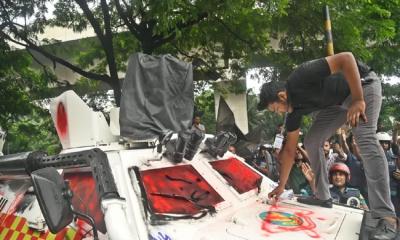
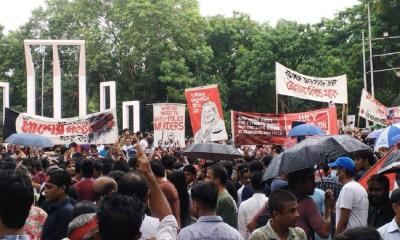
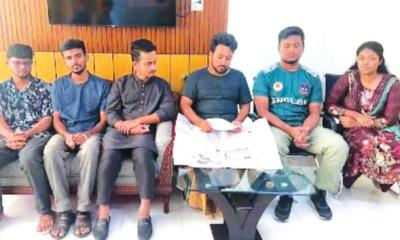
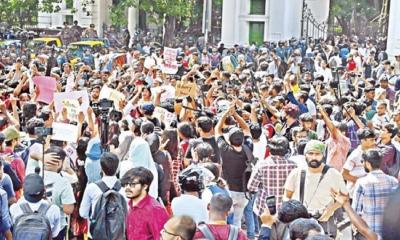




-20260226080139.webp)






-20260225072312.webp)










-20260219054530.webp)
-20260224075258.webp)





-20260221022827.webp)